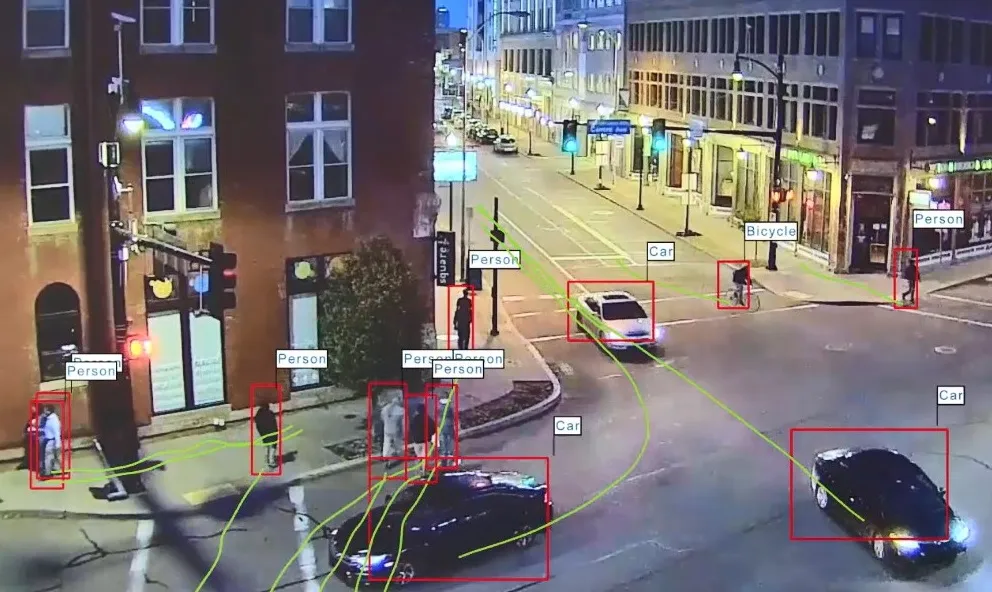Parsons’ proprietary Intelligent NETworks (iNET) is a Smart Cities platform incorporating technologies which enable users to make actionable decisions. Visitors to the company’s booth will get a first-hand insight into innovative applications of iNET in use or coming soon. These include linking to connected and autonomous vehicles, analysing data, and translating it into meaningful information; making use of prediction, artificial intelligence (AI), and machine learning (ML) platforms to improve usability and decision making for Smart Cities agencies and citizens; and natural language-based 511 response that provides users with relevant, real-time information based on advanced AI capabilities and ML technologies, a cost-effective system that provides users with a superior experience compared to conventional 511 systems, and leverages natural language expertise rather than non-user, unfriendly interactive voice response systems.
Other features that will be covered include protecting physical/intellectual assets by creating active monitoring systems, as well as automated inspections/monitoring to predict when bridges need maintenance, allowing proactive maintenance prior to failure
As Parsons points out, iNET is the system of the future powering Smart Cities and enables transportation systems to deliver on the promise of improved mobility and quality of life.
Booth 725
Parsons looking to the future – and helping to build it with iNET
Parsons will use the ITS America Annual Meeting Detroit to show how iNET is shaping the future of smart cities. The company will invite visitors to imagine what their morning commute might be like in the future. An autonomous vehicle picks you up, syncs with your mobile devices to determine where you need to be and when, calculates the best route, and places your order at the local coffee shop moments before stopping to pick it up along the way. This is the future of mobility, and Parsons will show how it
May 24, 2018
Read time: 2 mins










